Christmas Island National Park is a paradise of nature lovers in the faraway Australian territory on the Indian Ocean. It covers more than 60 percent of the island and includes rainforests and dramatic coastlines where wildlife, including the world-famous red crabs inhabit. It offers pristine landscapes perfect for snorkeling and hiking as well as for bird-watching retreats that provide serenity. Visit the most unexplored and the densest rainforests, even the secluded beaches.
Location
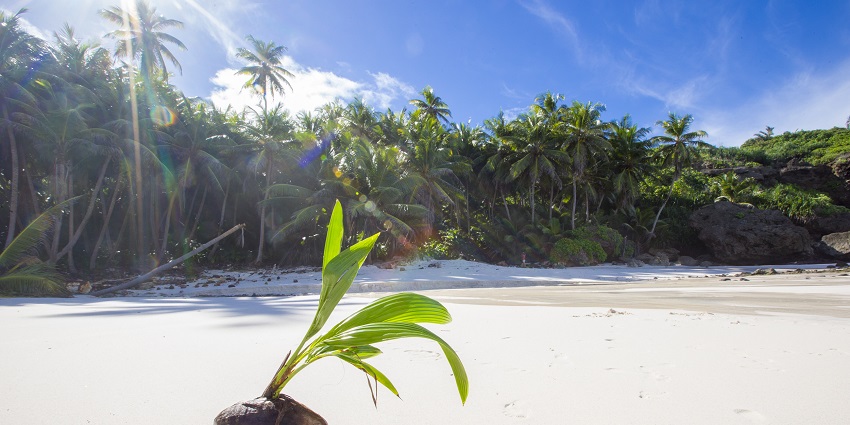
Photo: ChrisBrayPhotography / Wikimedia Commons
Christmas Island National Park is located on Christmas Island itself. This island is an overseas Australian territory in the Indian Ocean. It is located about 2,600 kilometers northwest of Perth, Australia; it is also about 500 kilometers south of Jakarta, Indonesia. The main port of access to the island is through the settlement on the island, known as Flying Fish Cove.
Suggested Read: Things To Do In Gold Coast Australia
How To Reach
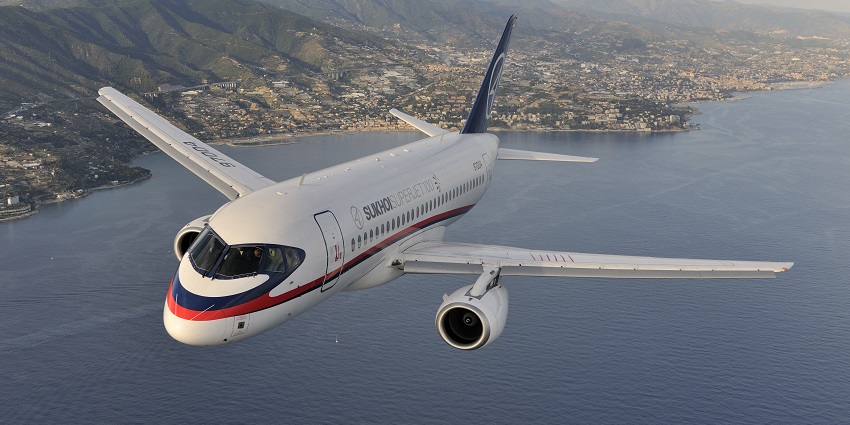
Photo: Sukhoi SuperJet 100 / Wikimedia Commons
By Air: Regular flights from Perth, Australia, are available with Virgin Australia and take approximately 3.5 hours to reach the island. Flights usually originate from Perth, the biggest hub for flights to the island.
By Car: Once one reaches the island, car rental is the best means to move inside the park. Or join a guided tour. Still, public transport is not available here so one prefers the self-drive option for easy travel.
Places To Visit In Christmas Island National Park
Pristine beaches, lush rainforests, and unique wildlife represent await discovery in the Christmas Island National Park. Nature enthusiasts and adventure seekers just love this paradise.
1. The Dales

Photo: Kreuzschnabel / Wikimedia Commons
The Dales is a rainforest-fringed series of freshwater streams, offering nature enthusiasts a great chance to visit the area. One can see lush growth, calm pools, and walking trails through heavily forested areas. It is an excellent place for birders who could identify species such as the Christmas Island imperial pigeon and the island thrush. It is also a great place to watch the red crabs during their migrating season. This place is a combination of scenic walks, high biodiversity, and a peaceful atmosphere.
Highlight: Freshwater streams, rainforest trails, unique wildlife spotting
Timings: 8 AM – 4 PM,
Suggested Read: Best Places To Visit In Perth For An Unforgettable Experience
2. Hugh’s Dale Waterfall

Photo: Pexels / Image For Representation Only
Hugh’s Dale Waterfall is one of Christmas Island’s most iconic natural attractions. This beautiful waterfall lies deep within the rainforest, offering a refreshing escape into the island’s serene natural environment. The hike to Hugh’s Dale is a great rewarding experience that takes people through dense jungle trails along diversified tropical flora. With this approach to the falls, the sound of falling water increases, and with a perfect background, one would just relax or take his photograph.
Highlight: Scenic hike through the rainforest to a waterfall
3. Dolly Beach
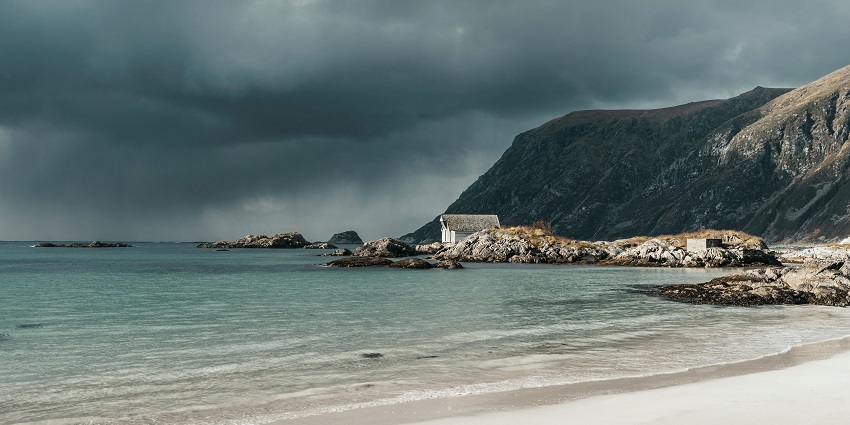
Photo: Raul Koženevski / Pexels / Image For Representation Only
Dolly Beach is a peaceful place to visit in Christmas Island National Park. Here, one finds soft white sandy beaches, transparent waters, and nesting sea turtles. It happens to be an endangered green turtle nesting site. If you happen to visit during the nesting season, these gentle creatures laying eggs could be seen around this beach. Surrounded by coconut palms, backed by the island’s dense rainforests, this beach provides a serene environment suitable for people wanting to find a quiet place without crowds
Highlight: Pristine white sands and beautiful waters
Suggested Read: Things To Do In Adelaide
4. Blowholes
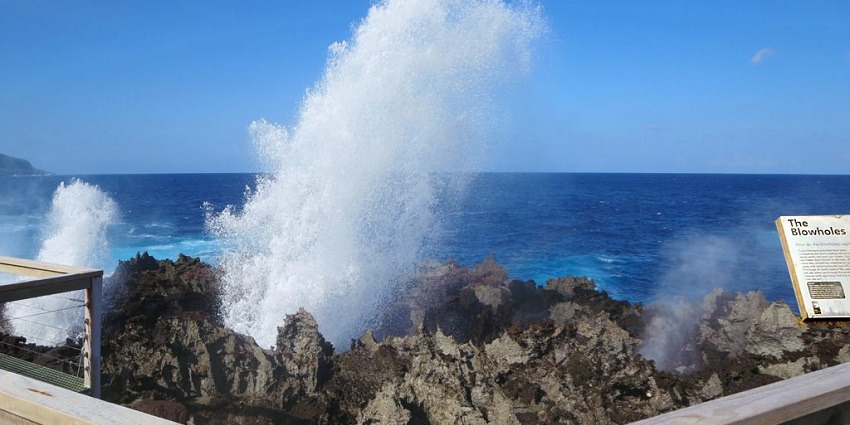
Photo: David Stanley / Wikimedia Commons
Blowholes, one of the most magnificent features that happen along Christmas Island’s rugged coastline. Ocean waves force air as well as water through crevices in the limestone rocks. This natural feature is particularly impressive at high tide, when blowholes can push water all the way up into the air. Visitors to this region can also go along part of the coastal edge that skirts around rocky shores. There are many impressive sea views, as well as good opportunities to see seabirds. This, together with the beat of waves crashing on the rocks and the mist of the blowholes, is a thrilling experience and a must-see attraction.
Highlight: No garbage but secret place for turtles to lay eggs
5. Flying Fish Cove
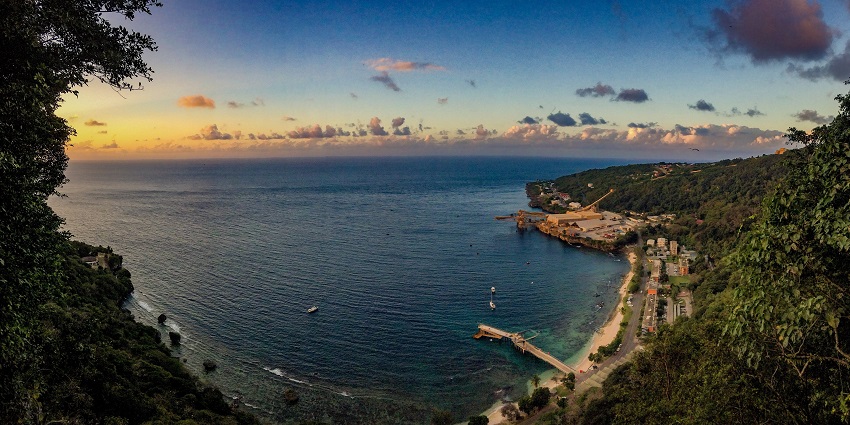
Photo: Paul McFarlane / Wikimedia Commons
Flying Fish Cove is the one big settlement of Christmas Island and can become an ideal entrance for water sports. Its crystal waters are often great for snorkeling, diving, and swimming. Here, the underwater world is full of marine life, such as reef fish, sea turtles, and even dolphin sightings now and then. There are beautiful views of the surrounding bay and it can be a great place for relaxation or a leisurely walk along the shore. Furthermore, this is a central point where one can board different boat tours and go on many adventures in the islands.
Highlight: Snorkeling and diving can be done in its very crystal-clear waters
Suggested Read: Things To Do In Gold Coast Australia
Where To Stay

Photo: Pixabay / Pexels / Image For Representation Only
For accommodations, the more popular choice is usually The Sunset Hotel, a quality venue offering ocean views and comfortable rooms near the park. VQ3 Lodge offers a quiet stay close to local attractions, located in a short driving distance from the national park. The Retreat is perfect for the quiet nature-loving traveler with self-contained units. Christmas Island Apartments offers apartment style accommodation, ideal for extended stays, where modernity aligns with the old park.
Where To Eat
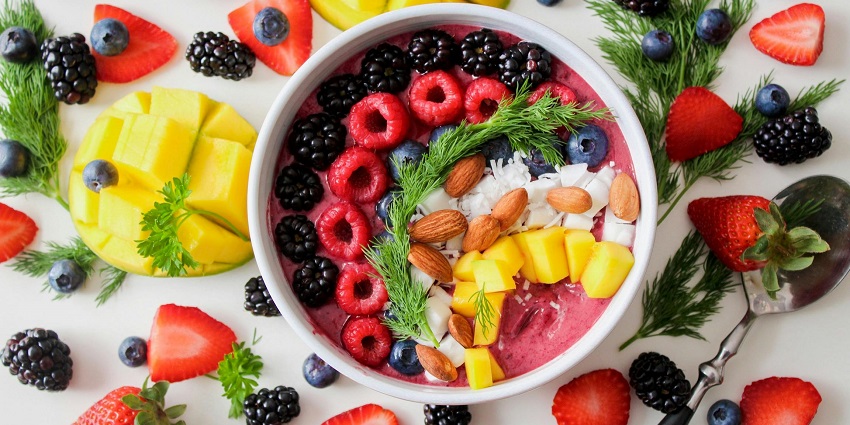
Photo: Jane Trang Doan / Pexels / Image For Representation Only
Multicultural dining options are also offered by Christmas Island, ranging from various dining options including the fresh seafood is everywhere. Some of the must try local dishes are crab curry and grilled fish while having meals on the island. Restaurants and cafes are mainly found at Flying Fish Cove offering mixed Australian, Chinese, Malay, and Indonesian cuisines. Many lodges provide in-house dining wherein most meals are prepared from locally available ingredients.
Suggested Read: Things To Do In Melbourne
Best Time To Visit
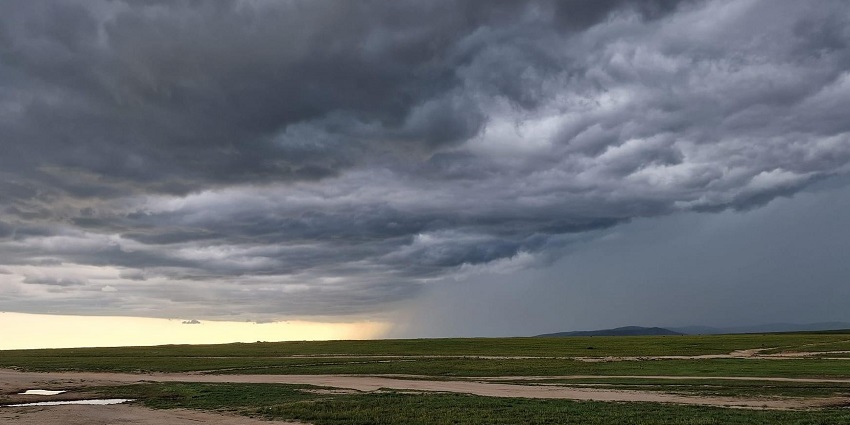
Photo: Yumjirdulam0501 / Wikimedia Commons / Image For Representation Only
Christmas Island National Park best holds its visitations between May and October when the dry season occurs. This period is ideal for hiking, snorkeling, and wildlife sightseeing. Its red crab migration, which the island has become famous for, usually occurs between October and November.
Other Factors To Consider
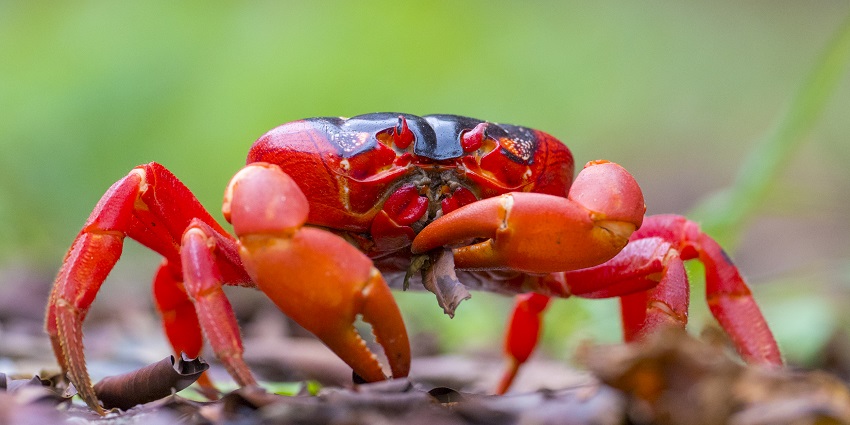
Photo: ChrisBrayPhotography / Wikimedia Commons
The island is remote, which implies that some facilities may not be readily available. Pack essentials like sunscreen, repellent for insects, and adequate water if you plan to hike or go into the depths of the park. The island also has a tropical climate, and its rain seasons occur between November and April. To arrive at this time of the year means being prepared to face heavy rainfalls and wet conditions.
Tip For Travellers
Pack Properly: Christmas Island is very remote with only a few supply shipments available. Pack the must haves: sunscreen, water, insect repellent, and good walking shoes for hiking on the island.
Dry Season: Plan your visit between May and October when it is dry, as the wet season, covering from November to April, not only hosts heavy rains but also cuts short outdoor activities.
Respect Wildlife: Christmas Island claims fame by the annual red crab migrations. Be aware of crabs on roads and pathways and don’t offend them. Be sensitive to other native animals.
Suggested Read: Top Beaches In Hobart Tasmania For A Perfect Coastal Getaway To Enjoy
Christmas Island National Park is nature lovers’ paradise, offering an experience that can never be found anywhere else in rainforests, wildlife, and marine adventures. Take the lush trails that take you through The Dales or see the Blowing Holes, where the Atlantic meets the Indian Ocean, and snorkel around the vibrant waters of Flying Fish Cove. The island has much for every kind of traveler. Ready to plan your journey in Christmas island national park? Book it now with TripXL for a top travel deal and guide.
Cover Photo: DIAC images / Wikimedia Commons


 WhatsApp
WhatsApp
 Twitter
Twitter









